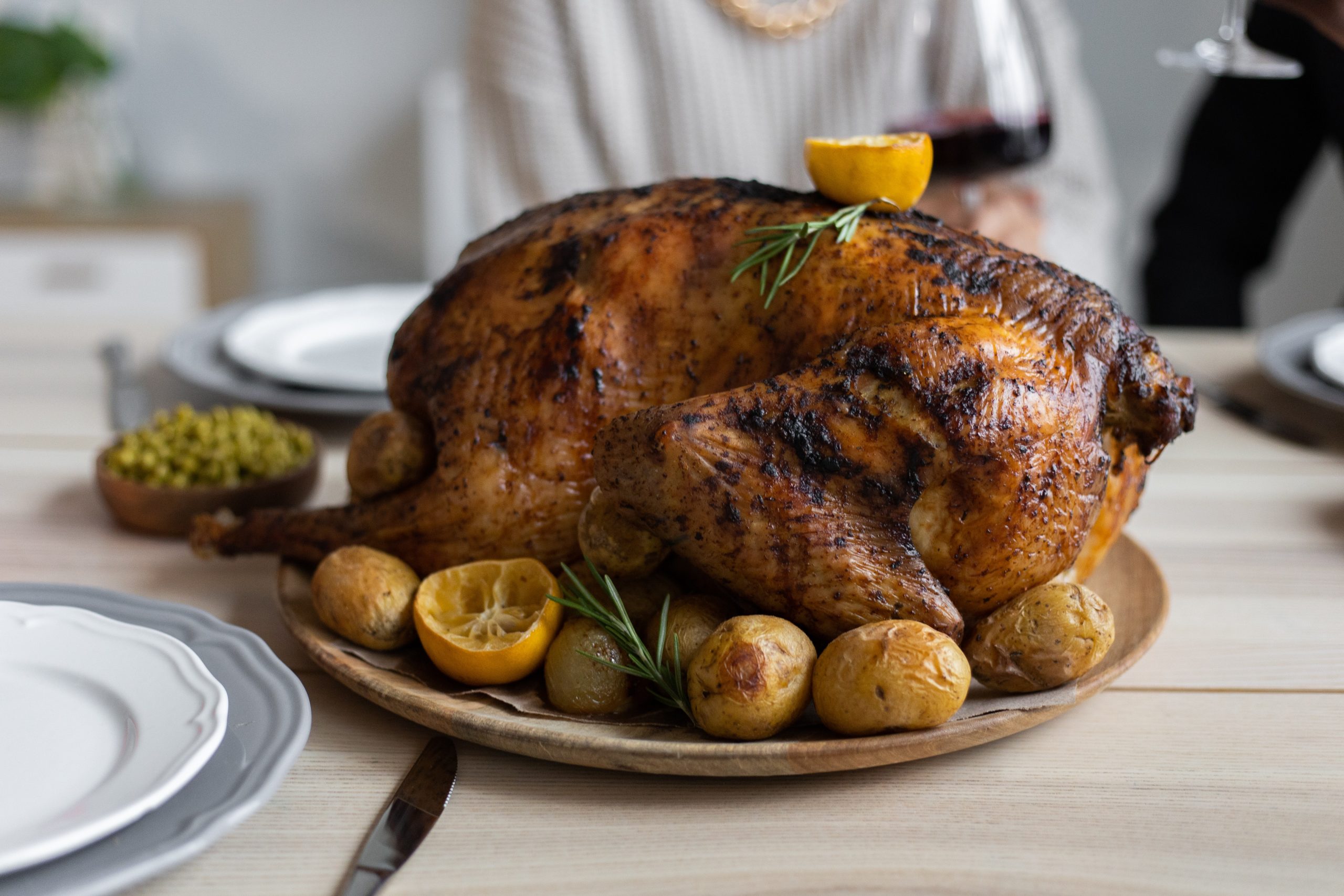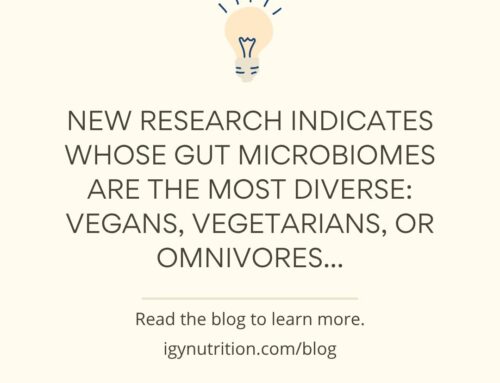Thanksgiving is just around the corner, and that means one thing: turkey! This delicious bird is packed with protein and other nutrients that can benefit your health.
In this blog post, we’ll take a closer look at the health benefits of tryptophan in turkey. So sit back, relax, and enjoy this Thanksgiving feast – knowing that you’re doing your body good!
What is Tryptophan?
Tryptophan is an essential amino acid the body needs to function properly (Source). It plays a role in many vital processes, including immunity, metabolism, and sleep (Source).
The body cannot produce tryptophan on its own, so it must be obtained through diet. Foods that are high in tryptophan include poultry, eggs, cheese, nuts, and, you guessed it: turkey.
One six-ounce serving of turkey contains over 200% of your daily tryptophan requirement. Let’s take a look at some of the health benefits of this amino acid in more detail.
Tryptophan, Serotonin, Melatonin, and the Kynurenine Pathway
The kynurenine pathway is one of the most important ways the body uses tryptophan. This pathway converts tryptophan into kynurenine, which is then further metabolized into a variety of other compounds with critical biological functions, including immune system regulation and mental health maintenance (Source).
Kynurenine plays an important role in the immune system (Source). When kynurenine is present in the body, it helps to regulate the activity of immune cells and to keep them from attacking healthy tissues. Kynurenine also helps to keep the gut lining healthy (Source). In addition, kynurenine helps to reduce inflammation and to protect against cell damage.
Kynurenine is also involved with neuroprotection and detoxification (Source). Kynurenine can protect nerve cells from damage by binding to free radicals and reducing their ability to damage cells. It also helps to remove toxins from the brain, making it an essential part of the detoxification process.
Kynurenine also helps to regulate the levels of glutamate in the brain, which is important for keeping the nervous system healthy (Source). Studies have shown that kynurenine can help protect against Alzheimer’s disease, Parkinson’s disease, and Huntington’s disease (Source). Kynurenine may also help to improve cognitive function in people with Alzheimer’s disease and Parkinson’s disease.
Tryptophan is also integral to the serotonin pathway in the body (Source). You’ve probably heard about serotonin, the neurotransmitter that helps regulate mood, appetite, and sleep. Tryptophan can be converted into serotonin in the body.
A lack of tryptophan consumption may pose problems with adequate serotonin production. A lack of serotonin can lead to a deficiency in serotonin, which may cause insomnia, depression, and anxiety.
However, we say this with caution. Taking supplemental amino acids – aka, DIYing your serotonin levels – is not something to play around with. We encourage you to talk to your doctor if you believe a tryptophan deficiency may play into your mental health problems.
Tryptophan is, without a doubt, a necessary part of a healthy diet. Thanks to its high tryptophan content, turkey is a great way to obtain this essential amino acid. So go ahead and enjoy your Thanksgiving feast guilt-free this year. Tag us in photos of your turkey dish on Instagram @igynutrition. Happy Thanksgiving!




